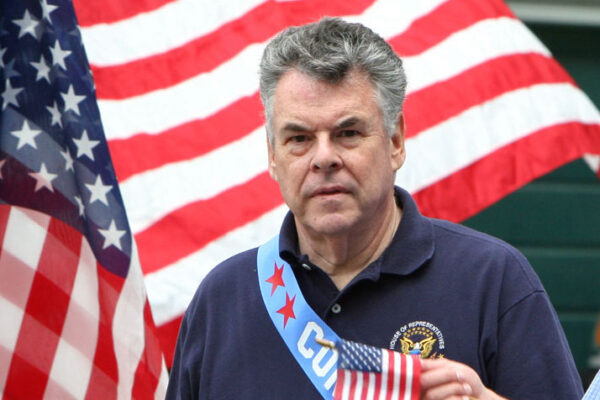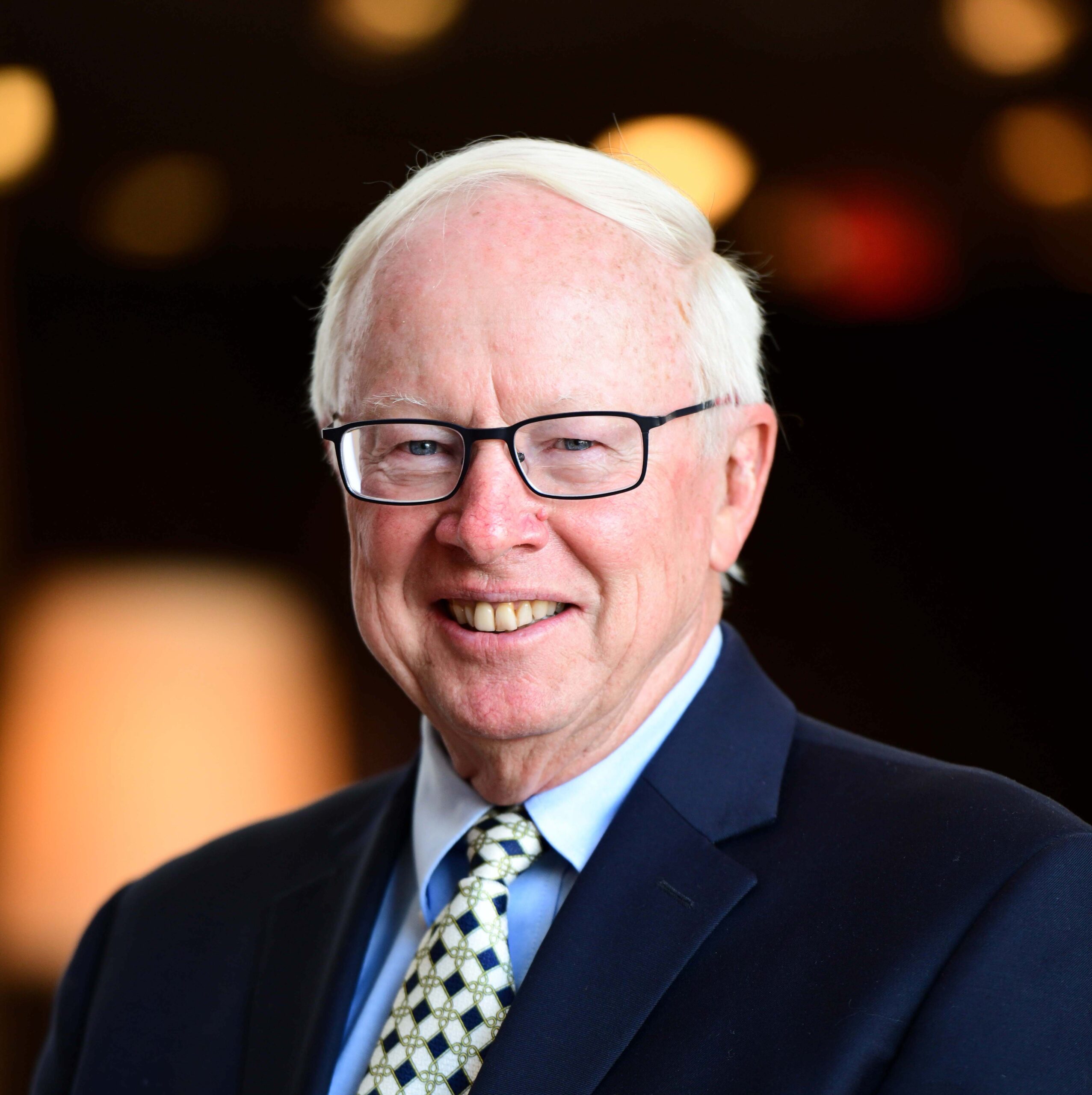Congressman Peter King, the chairman of the House Homeland Security Committee, will begin hearings on the radicalization of American Muslims on Thursday, March 10, 2011. Not only is this witch-hunt morally dubious, it is bad sociology. He is stereotyping an entire community, ignoring the complexity of every religious tradition.
In order to understand the multiple strains that characterize religion, Christianity is a good place to begin. There are literally hundreds of denominations within Protestantism, representing a wide range of theological and political views. And more importantly, within most denominations there is substantial variation on policy issues. Indeed, some of the most acrimonious fights are between people of the same denomination over issues such as ordination of gay clergy, abortion, and so on. The same extremes exist within Roman Catholicism, Judaism, and Islam—not always on the hot-button sex issues, but on policy issues related to Palestinians, ways to fix our economy, healthcare, and government regulation.
A recent book by sociologist James Davison Hunter identifies three different ways in which Christians attempt to change the world. First, there are fundamentalists, Evangelicals, and some conservative Catholics who believe that America is morally corrupt and needs to be Christianized. They idealize a time when society was properly ordered, but because of secular influences it has become disordered. Their rhetoric is often militant, defensive, and angry as they attack vulgarity in the arts, feminism, socialism, and teaching evolution in the schools.
On the opposite end of spectrum, says Hunter, are progressive Christians (many mainline Protestants and liberal Catholics) who draw on the prophetic tradition of the Old Testament to argue for equality and community. Their milestones are women’s suffrage, child labor reform, the civil rights movements, and various peace protests. They criticize corporate greed and advocate for redistribution of wealth and power, affirming a preferential option for the poor and needy.
A third option is Christians who opt out of any association with the corrupt world of politics. They get their inspiration from the 16th century Anabaptist movement, believing that Jesus rejected all forms of coercion and violence. The goal is to serve, not dominate; to forgive, not blame. They seek to be a presence in the world, advocating non-violence, peace, and community.
While these three ways of relating to the world reflect the tensions within Christianity, they are generic to most religions. Namely, one can seek to impose one’s religion on the state; one can attempt to reform state policies by advocating for greater justice and equality; or one can opt out of politics completely and seek purity within a community of righteous persons.
Religion in Los Angeles is extremely diverse. Indeed, L.A. may be the most religiously diverse city in the world. Nevertheless, one can find the three strains of religion’s relation to the world sketched above. Interestingly, progressive Christians in Los Angeles typically have more in common with progressive Jews and Muslims than they do with conservative elements of their own faith community. Likewise, fundamentalist Christians, from a sociological perspective, look a lot like fundamentalist Muslims who have little tolerance of diversity. In short, generalizing about any faith tradition ignores the complexity within the tradition and is bound to lead to false conclusions.
Congressman Peter King has unfortunately committed a serious sociological error by lumping all Muslims into a single category. What is his basis for saying that“more than 80 percent of the mosques in America are run by extremists”?
In fact, who is a more serious threat to our democracy? A small number of“terrorists”who may be Muslim or a member of the United States Congress who is stereotyping an entire faith tradition?
If democracy is one of our major contributions to the civilized world, then guilt by association is not the example we should advocate. Perhaps Sheriff Leroy Baca can make this point when he testifies at the hearings of Peter King. And as parents, perhaps we should take our children to the Japanese American Museum in Little Tokyo to see the exhibit on internment during World War II.
Peter King’s hearings have the ugly smell of the House Un-American Activities Committee. We don’t need the resurrection of Joe McCarthy. What we need is to celebrate the diversity and pluralism on which this nation is founded.
After the 1992 riots in Los Angeles, dozens of partnerships formed between suburban and inner city congregations. These exchanges crossed every line and boundary. White congregations developed relationships with black churches, and Jews from West Los Angeles connected with Christians in South L.A.
Given the threat of McCarthyism in contemporary America, we need to enhance the level of interfaith exchanges that mark our religious commitments. Just as Los Angeles has been a major source of religious innovation and creativity, giving rise to many new religious movements as well as various hybrids that combine Western and Eastern forms of spirituality, let us model for our nation the ways in which people of different faith traditions can carry on spirited and civil interfaith dialogue.
Photo Credit: Robert Swanson/WikiCommons
Donald E. Miller is the co-founder of the USC Center for Religion and Civic Culture.







